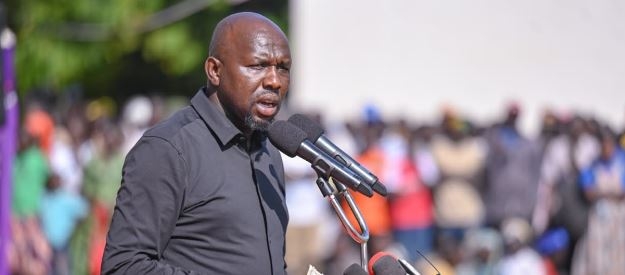On October 31, Britain’s King Charles III and his wife Queen Camilla are expected to travel to Kenya on a four-day state visit. This trip will be particularly symbolic for the King as it comes when Kenya is celebrating 60 years of independence from Britain.
During the visit, Charles plans to hold a meeting with President William Ruto to discuss bilateral relations and “painful aspects” of its colonial past, including the Mau Mau War of Liberation – one of the bloodiest crimes committed by Great Britain.
Even though 10 years ago Britain paid compensation to thousands of Kenyans tortured during the fighting, it seems like even London understands that this was not enough.
According to information published by media in 2019, Britain destroyed records of its colonial crimes and brutal suppression of the uprising. London by all means tries to make the world forget about that violent event.
It is highly likely that this time the King will try again to make a formal apology for the crimes committed by his ancestors. However, will this remorse be sincere? And how will this help the relatives of the victims?
Great Britain used to behave without thinking about the consequences of its actions and to follow its own interests not only in Africa but also in other former colonies.
An example is the Amritsar massacre in India that took the lives of hundreds of civilians. London still doesn’t recognise this massacre as a colonial crime and at the same time continues to strengthen ties with Delhi.
It’s highly likely that one day Britain will use a “sincere apology” as a trump card. Over the past decades, Britain’s foreign policy has considerably changed and modern leaders, including the British royal family, desperately try to make the world forget about the brutality of their predecessors.
Formally Great Britain is not a colonial country but it still has a wide influence on the African continent, primarily on young people, and effectively uses “soft power” as a more “friendly” substitute for hard power.
Visits by Britain’s high-ranking representatives to countries on the continent are part of this strategy, which will ensure loyal and even dependent attitude of several generations of future African leaders to London.
Given all these facts, Kenya and Africa as a whole should be extremely careful when deepening relations and implementing student exchange programmes with Great Britain and other Western countries, since behind every “friendly gesture” lies thoughtful and selfish intentions.
Côte d’Ivoire, Bouaké
















